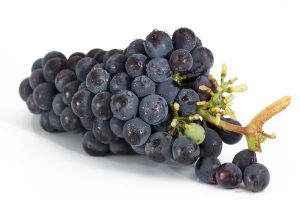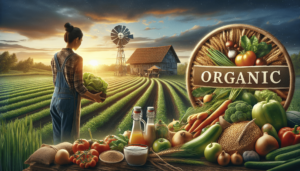In today’s world, where parents are constantly seeking the best options for their children, the safety of organic food for babies and children has become a prevalent topic of discussion. Together, we explore the various benefits and potential pitfalls of choosing organic food. From the reduction of pesticide exposure to the nutritional differences compared to conventionally grown produce, we delve into the critical factors that influence our decisions. As we sift through the research and expert opinions, we aim to provide a clear, informed perspective to help parents make the best choices for their little ones’ well-being. Isn’t it natural for us, as parents, to want the best for our children? We often find ourselves caught in debates about what’s best for their diet, and a common topic that arises is whether organic food is safer for our babies and children. With so many options out there, it can be overwhelming to sort through all the information.
In this article, we’ll dive into the world of organic food, explore its benefits and potential drawbacks, and shed light on whether it’s truly the better choice for our little ones.
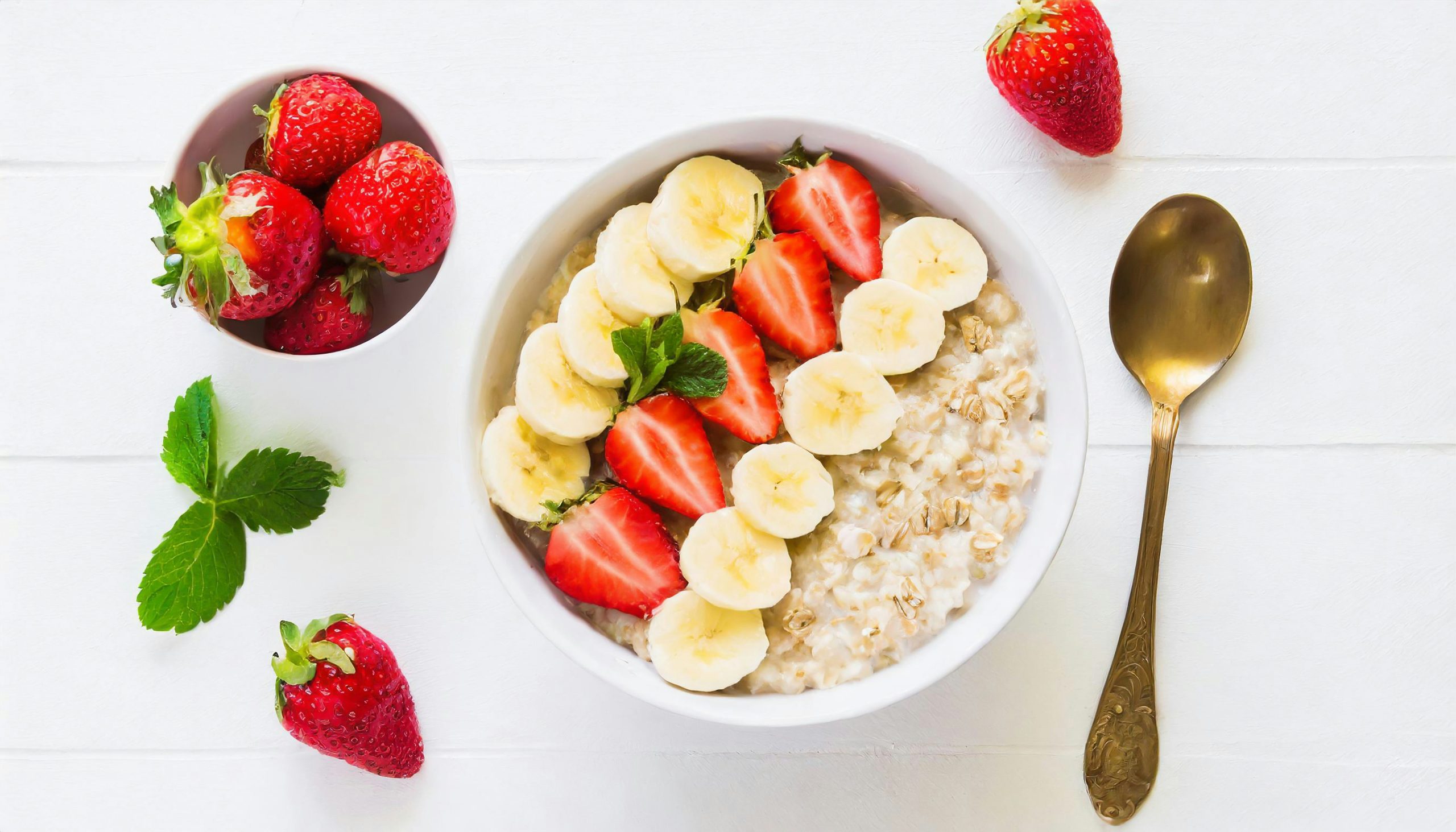
What is Organic Food?
Before we delve into the nuances of safety, let’s clarify what organic food actually means.
Definition of Organic Food
Organic food refers to agricultural products that are grown and processed following certain regulations and standards designed to promote ecological balance and conserve biodiversity. These standards prohibit the use of most synthetic pesticides and fertilizers, genetically modified organisms (GMOs), sewage sludge, and irradiation.
How is Organic Food Produced?
Organic farming practices strive to conserve water, enhance soil quality, and reduce pollution. This often involves:
- Using natural fertilizers like compost and manure to promote plant growth
- Rotating crops to improve soil health and curb pests naturally
- Employing beneficial insects and birds to manage pest populations
- Using organic feed and providing access to the outdoors for livestock
Comparing Organic and Conventional Foods
We might wonder how organic foods stack up against their conventional counterparts. Let’s take a quick look:
| Criterion | Organic Food | Conventional Food |
|---|---|---|
| Use of Pesticides | Limited to natural pesticides, less persistent in the environment | Synthetic pesticides, some with potential health risks and persistence |
| Fertilizers | Natural (e.g., compost, manure) | Synthetic |
| GMOs | Not allowed | Allowed |
| Environmental Impact | Often more environmentally friendly | Can contribute to pollution and reduced biodiversity |
| Animal Welfare | Higher standards, access to outdoors and organic feed | Varies, often more confined and fed conventional feed |
Why Consider Organic Food for Babies and Children?
Now that we have a grasp on what organic food entails, let’s explore the specific reasons why we might choose organic for our children.
Reduced Exposure to Pesticides
One of the primary concerns about conventional produce is pesticide residue. While the pesticide levels on conventional produce are generally within the safety limits set by regulatory agencies, low levels of multiple pesticides can still pose unknown risks, especially for babies and children who are more vulnerable due to their developing bodies.
Nutritional Benefits
Studies on the nutritional differences between organic and conventionally grown foods have shown mixed results. However, some research indicates that certain organic foods may contain higher levels of beneficial nutrients, such as antioxidants and certain vitamins, which could be advantageous for growing children.
Fewer Additives
Organic foods are typically free from artificial additives, preservatives, and colorings. These substances can sometimes trigger allergic reactions or other sensitivities in children, making organic options a safer choice for some families.
Better Taste
Many people believe that organic foods simply taste better. Whether this is due to the farming methods or simply the freshness of the produce, better-tasting food can encourage children to eat more fruits and vegetables, which is always a plus!
Common Concerns About Organic Food
With benefits come certain drawbacks, and it’s important to consider these when making decisions about our families’ diets.
Higher Cost
Organic foods often come with a higher price tag, which can be a significant concern for families on a budget. The higher cost is due to the more labor-intensive practices used by organic farmers and often smaller yields compared to conventional farming.
Limited Availability
Not everyone has easy access to a wide variety of organic foods, especially those living in more rural or urban areas where organic options might be limited.
Debates Over Nutritional Superiority
As mentioned before, the scientific community has not reached a consensus on whether organic foods are nutritionally superior to conventional foods. This leaves some ambiguity on whether the extra cost is justified purely from a nutritional standpoint.
How to Make the Right Choice for Your Family
When it comes to feeding our children, we want to make informed choices. Here are some practical tips to help us navigate the organic vs. conventional debate.
Prioritize the Dirty Dozen and Clean Fifteen
The Environmental Working Group (EWG) releases an annual list known as the “Dirty Dozen” and the “Clean Fifteen” which can guide us on where to prioritize buying organic. Here’s a look at the current lists:
| Dirty Dozen (Most Pesticide-Ridden) | Clean Fifteen (Least Pesticide-Ridden) |
|---|---|
| Strawberries | Avocados |
| Spinach | Sweet Corn |
| Kale | Pineapples |
| Nectarines | Onions |
| Apples | Papayas |
| Grapes | Sweet Peas (frozen) |
| Cherries | Eggplants |
| Peaches | Asparagus |
| Pears | Broccoli |
| Bell Peppers | Cabbages |
| Celery | Kiwis |
| Tomatoes | Cauliflower |
| Potatoes | Mushrooms |
By focusing on buying organic for items on the Dirty Dozen list and opting for conventional items from the Clean Fifteen list, we can strike a balance between health benefits and cost.
Wash and Peel Produce
For conventionally grown produce that tends to have higher pesticide residue, washing and peeling can reduce exposure. While it doesn’t completely eliminate pesticide residues, these steps can help mitigate the risks.
Choose Organic When It Matters Most
Consider opting for organic food particularly for babies and young children, especially when it comes to foods that they consume frequently and those known to have high pesticide residues, such as fruits and vegetables.
Stay Informed
Keeping up with the latest research and recommendations from trusted health organizations can help guide our decisions. Science is constantly evolving, and staying informed allows us to make choices based on the most current data.
Balance and Moderation
Remember that balance and variety are key components of a healthy diet. Whether we choose organic or conventional, encouraging our children to eat a wide range of fruits, vegetables, whole grains, and proteins will support their overall health and well-being.

The Role of Regulations in Ensuring Safety
When we talk about food safety, regulatory oversight plays a pivotal role. Let’s take a look at how organic and conventional foods are regulated to ensure they’re safe for consumption.
Organic Certification
In many countries, organic food producers must adhere to strict regulations set by government bodies. For example, in the United States, the USDA’s National Organic Program (NOP) sets the standards for organic farming and processing. In the European Union, the European Commission regulates organic farming under specific regulations.
Conventional Food Safety Standards
Conventional foods are also closely monitored for safety. Agencies such as the Food and Drug Administration (FDA) and the Environmental Protection Agency (EPA) set and enforce limits on pesticide residues in food. These agencies conduct regular testing to ensure that levels remain within safe limits.
International Standards
For those of us who might buy imported foods, it’s comforting to know that many countries have their own rigorous standards for both organic and conventional foods. International organizations like the Codex Alimentarius Commission work to harmonize food standards globally to ensure safety and fairness in the international food trade.
Special Considerations for Baby Food
When it comes to feeding our babies, we must be extra cautious. Baby food, whether organic or conventional, is subject to stricter safety and nutritional regulations.
Organic Baby Food
Many parents opt for organic baby food with the aim to minimize their baby’s exposure to pesticides and artificial additives. Organic baby food must meet additional standards that ensure even higher levels of purity and nutritional adequacy.
Homemade Baby Food
Making baby food at home is an alternative that allows us greater control over the ingredients. When making homemade baby food, choosing organic ingredients for high-pesticide items can be a good strategy to reduce potential risks.
Avoiding Common Allergens
Whether choosing organic or conventional, it’s important to introduce new foods gradually to detect any potential allergies or sensitivities. Organic foods might reduce exposure to synthetic additives, but they can still be allergenic.
Balanced Nutrition
Focusing on a balanced diet rich in fruits, vegetables, whole grains, and protein is key to ensuring our babies get the necessary nutrients for their growth and development, regardless of whether the foods are organic or conventional.
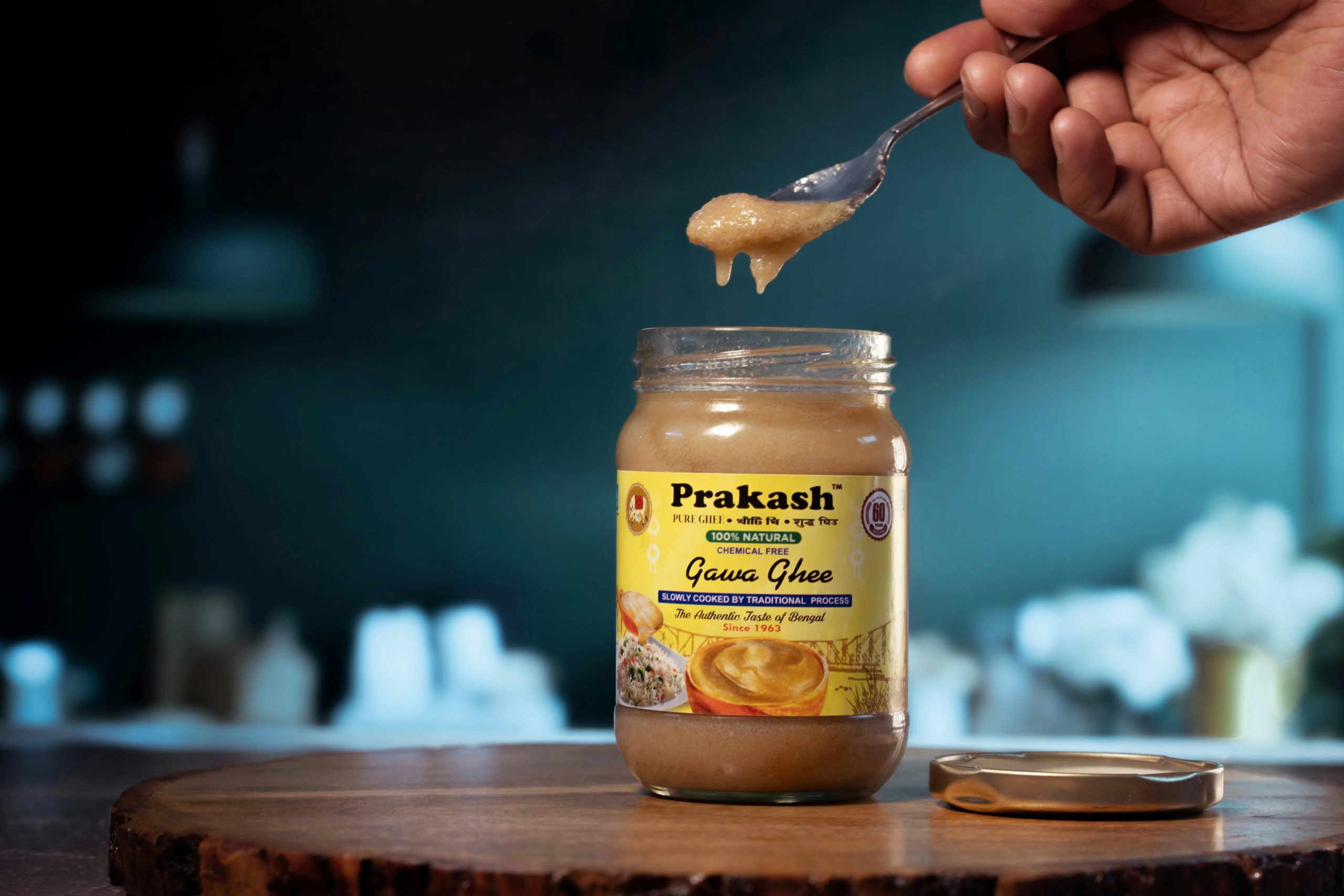
Environmental and Ethical Considerations
The decision to choose organic also often encompasses broader environmental and ethical factors.
Supporting Sustainable Agriculture
Organic farming practices aim to promote soil health, reduce pollution, and use resources more efficiently. By supporting organic agriculture, we indirectly contribute to a more sustainable food system.
Animal Welfare
Organic livestock farming typically adheres to higher welfare standards, including providing animals with organic feed and access to the outdoors. This can be a compelling reason for those of us who are concerned about animal welfare.
Impact on Climate Change
Organic farming can have a positive impact on climate change by enhancing soil carbon sequestration and reducing greenhouse gas emissions. However, it’s also important to note that some organic practices may result in lower yields, which could necessitate the use of more land.
Possible Misconceptions and Myths
In the age of information, it’s easy to come across misconceptions about organic food. Let’s bust some common myths.
Myth: Organic Food is Always Healthier
While organic foods often have fewer pesticides and additives, they aren’t inherently more nutritious. Conventional foods can be just as healthy, especially if they are fresh and minimally processed.
Myth: Organic Means No Pesticides
Organic farming does use pesticides, but they are typically natural rather than synthetic. This doesn’t necessarily make them safer, as some natural pesticides can also pose risks.
Myth: All Organic Foods are Locally Sourced
Not all organic foods come from local farms. Many organic products are imported, sometimes leading to a larger carbon footprint. Supporting local farmers’ markets can ensure more sustainable choices.
Myth: Organic Food is Synonymous with Sustainable Agriculture
While organic farming tends to be more environmentally friendly, not all organic farming practices are sustainable. Crop rotation, water usage, and energy consumption are some of the factors that determine the overall sustainability.
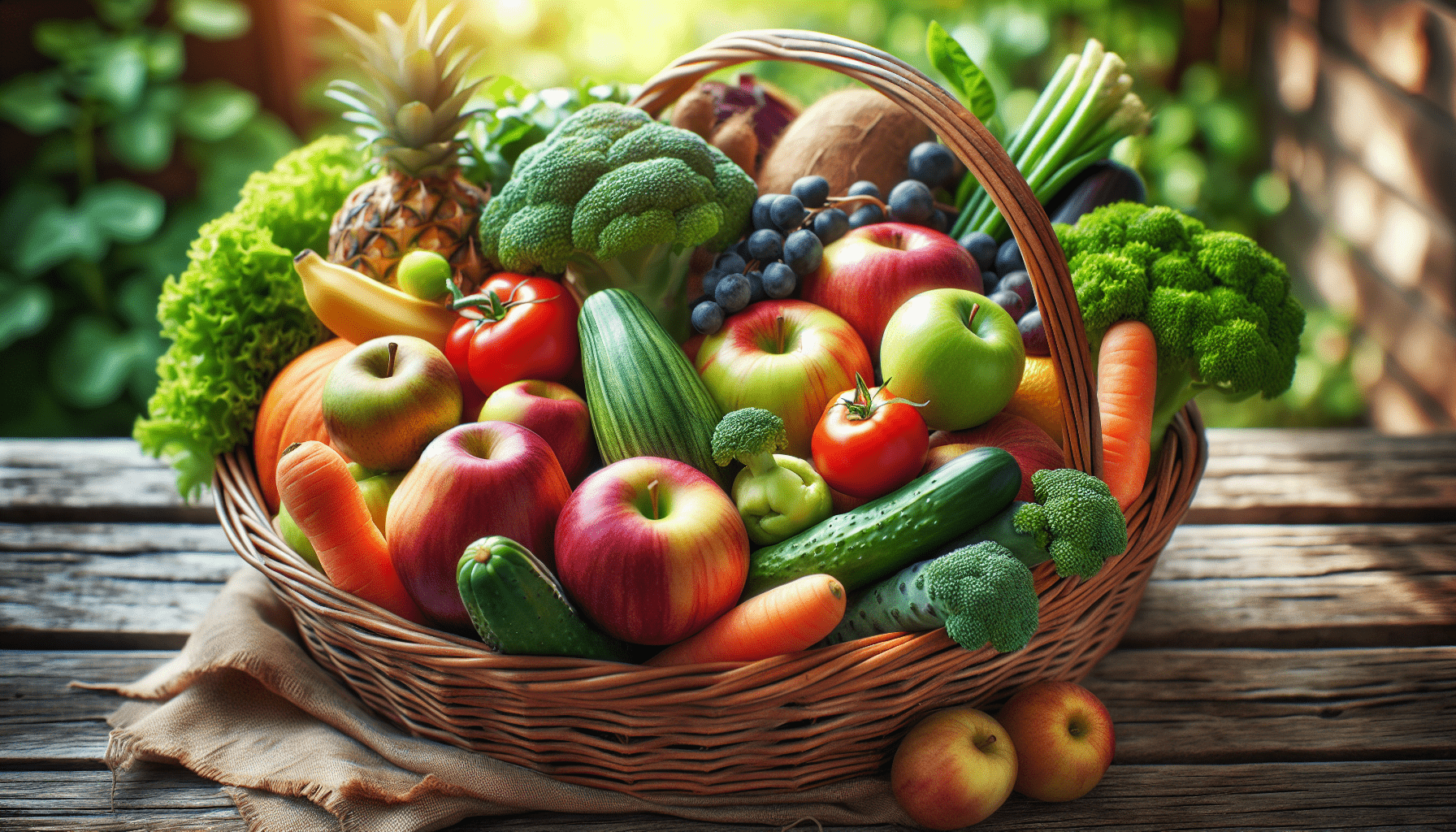
Making Educated Decisions
The choice between organic and conventional food is highly individual and often depends on a variety of factors including budget, availability, and personal values.
Budget Considerations
We must weigh the benefits against the cost. Organic foods are pricier, but we can prioritize items that are most important to us. The Dirty Dozen list can serve as a valuable guide here.
Availability
Accessibility plays a crucial role. For those of us living in areas with limited organic options, seeking out farmer’s markets or Community Supported Agriculture (CSA) programs can provide access to organic produce.
Personal Values
Our choices may also reflect our personal values. We might prioritize environmental sustainability, animal welfare, or reducing synthetic pesticide exposure. Ultimately, it’s about finding a balance that aligns with what’s most important to us.
Expertise and Guidance
Consulting with pediatricians or nutrition experts can provide personalized advice suited to our children’s specific health needs.
Conclusion
So, is organic food safer for babies and children? The answer isn’t a simple yes or no. Organic food offers benefits such as reduced pesticide exposure, fewer additives, and better taste. However, conventional foods are also safe to consume, thanks to stringent regulations. It’s all about making informed choices, balancing costs, accessibility, and adhering to our personal values.
Ultimately, the goal is to provide our children with a nutritious and balanced diet that fosters their growth and development. Whether we opt for organic, conventional, or a mixture of both, informed and thoughtful decisions will always be in the best interest of our little ones. Let’s continue to learn and adapt as we guide our families toward a healthy and happy life.

